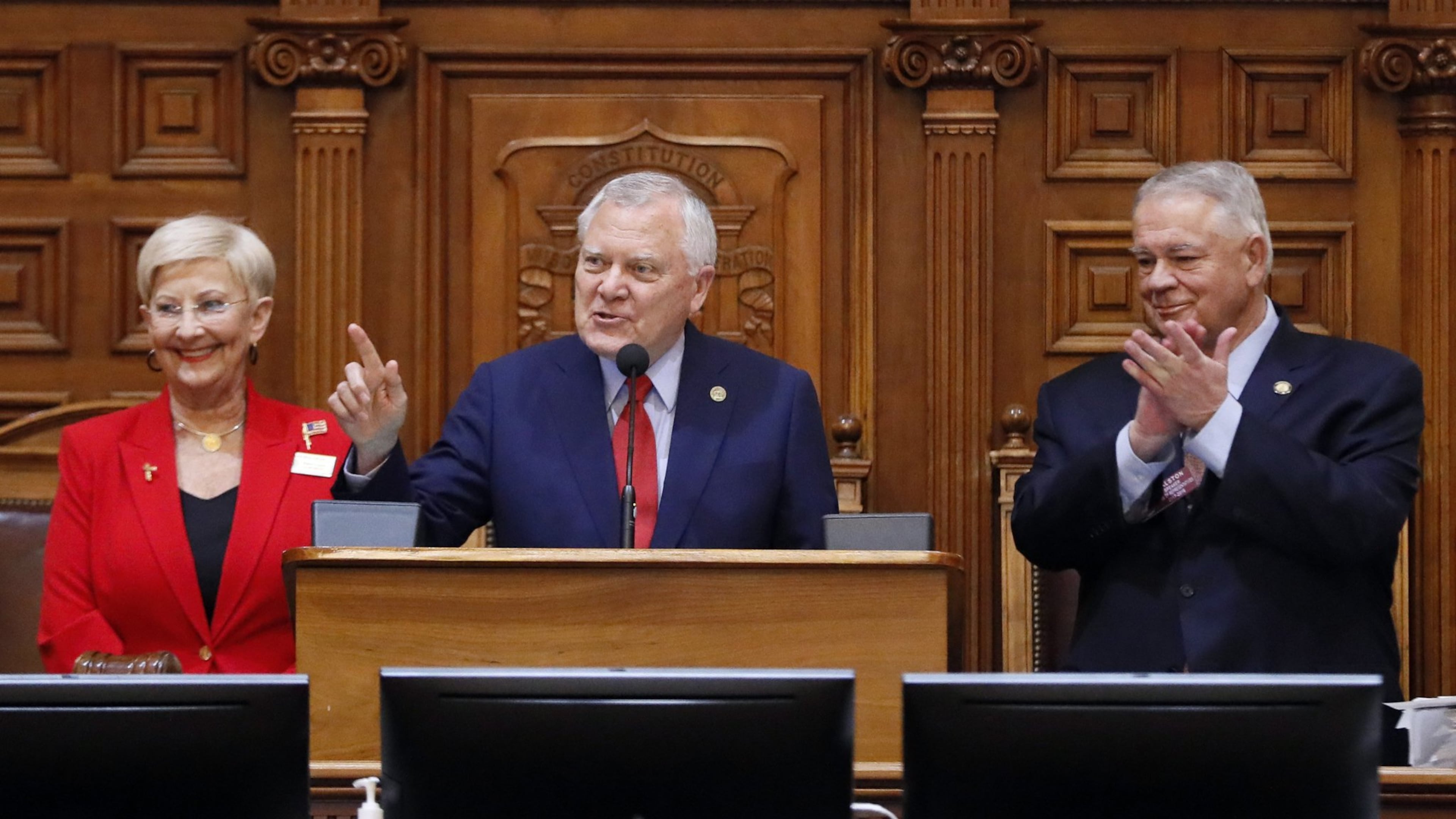Opinion: Enabling next-gen transportation fixes

In an age when histrionics — and not action — too-often hog the public spotlight, it’s most encouraging that the Georgia General Assembly has recently made significant headway toward improving the state’s transportation systems.
That is a great victory for pragmatism and politics as the art of the possible at a time, nationally, when discordant sound seems to triumph too often over substance. Against that backdrop, the state Legislature deserves praise for getting an important task accomplished, especially in an election year.
On the final night of the 2018 legislative session, lawmakers passed legislation that could help spur the next-generation of expanded transit options in metro Atlanta. If approved by voters in the future, the framework outlined by lawmakers would create a regional authority to better coordinate transit in a 13-county region.
That holds a tantalizing future prospect of a more-robust transit network linking more people with more places.
The Legislature was wise and correct to realize that expanded transit options are increasingly being demanded by both job-creators and workers alike. And, in an election year, they were courageous in passing legislation in the face of considerable skepticism, if not opposition, in some quarters.
That political reality created significant risk for lawmakers seeking re-election, especially conservative ones. It’s to their great credit that they persevered this year in finding a way to enable voters to decide on funding future transit initiatives in their counties while creating an umbrella agency to help make it all work as efficiently as is practicable.
Today, we present guest columns on transit’s progress by a sponsor of the legislation and the board chairman of the Atlanta Regional Commission, which has a key role in planning transportation infrastructure.
Andre Jackson, for the Editorial Board.



